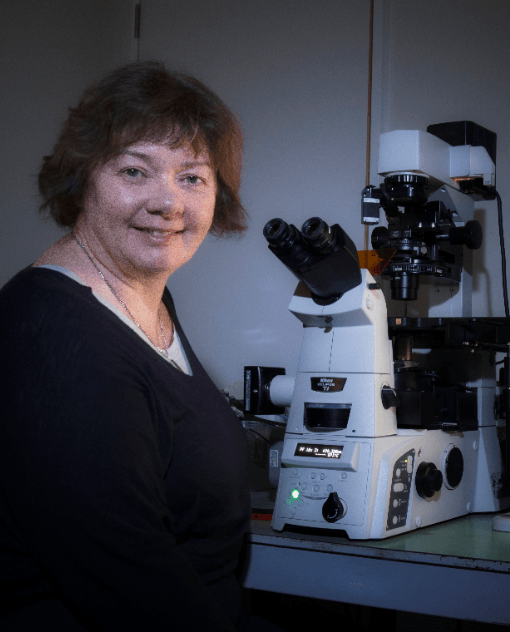 About Us
About Us
The HEVI is a University of Auckland (UoA) initiative funded by the Vice-Chancellor’s Strategic Research Initiatives Fund (SRIF) to help assist researchers involved in the study of extracellular vesicles (EVs).The main aim of the HEVI is to support researchers interested in EV research of any origin and to provide a platform for sharing EV related knowledge across different departments/faculties within the UoA and also externally. It will provide training of researchers in various methodologies related to EVs and will provide funding to assist EV related research and travel prospects to acquire more advanced training on EV related methods and to attendance to EV based conferences.
Our Team
Professor Larry Chamley, Director
Professor Larry Chamley is a reproductive immunologist/biologist and works mainly on the physiology of normal human pregnancies and diseases of pregnancy, especially preeclampsia. His major focus is, dissecting the role of placental extracellular vesicles in regulating the amazing adaptations of the maternal cardiovascular and immune systems to pregnancy.

Dr Cherie Blenkiron, Associate Director
Dr Cherie Blenkiron is a Senior Lecturer at the University of Auckland whose primary research centers around the identification and application of biomarkers for cancer using genomic technologies. To date, her work on extracellular vesicles has stepped away from this focus to collaborate with researchers across the University on pathogenic bacteria, critical illness and placenta
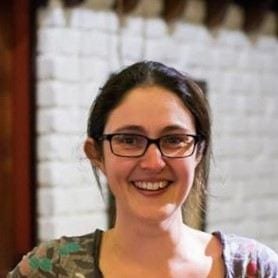
Dr Colin Hisey, Postdoctoral Research Fellow
Dr Colin Hisey received his Bachelor’s and Master’s degrees in Chemical Engineering from the University of Dayton and his PhD in Biomedical Engineering from The Ohio State University in the United States. During his PhD he specialized in microdevice fabrication, mostly focusing on microfluidic liquid biopsy devices to isolate circulating tumor cells and exosomes. During his time at HEVI, he hopes to continue exploring the role of extracellular vesicles in metastasis and their potential in medical applications, as well as expand his research to develop a better understanding of their role in other fields of biology.
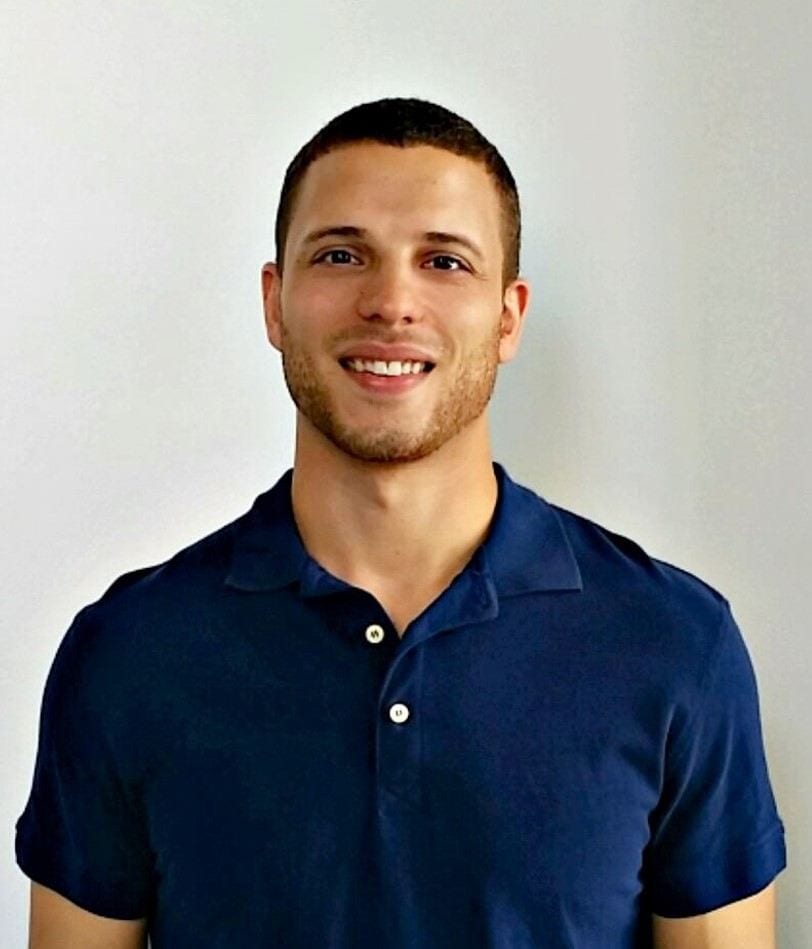
Anastasiia Artuyants, Organiser/Technician
Anastasiia is a final-year PhD student at the School of Biological Sciences, the University of Auckland. She is supervised by Dr Augusto Barbosa and AP Anthony Phillips. Her project focuses on the investigation of inter-kingdom communication between human parasite, bacteria and a host via extracellular vesicles. Anastasiia is a technical organiser at HEVI and is responsible for administrative and organisational tasks. She is available for any technical help and EVs-related questions.
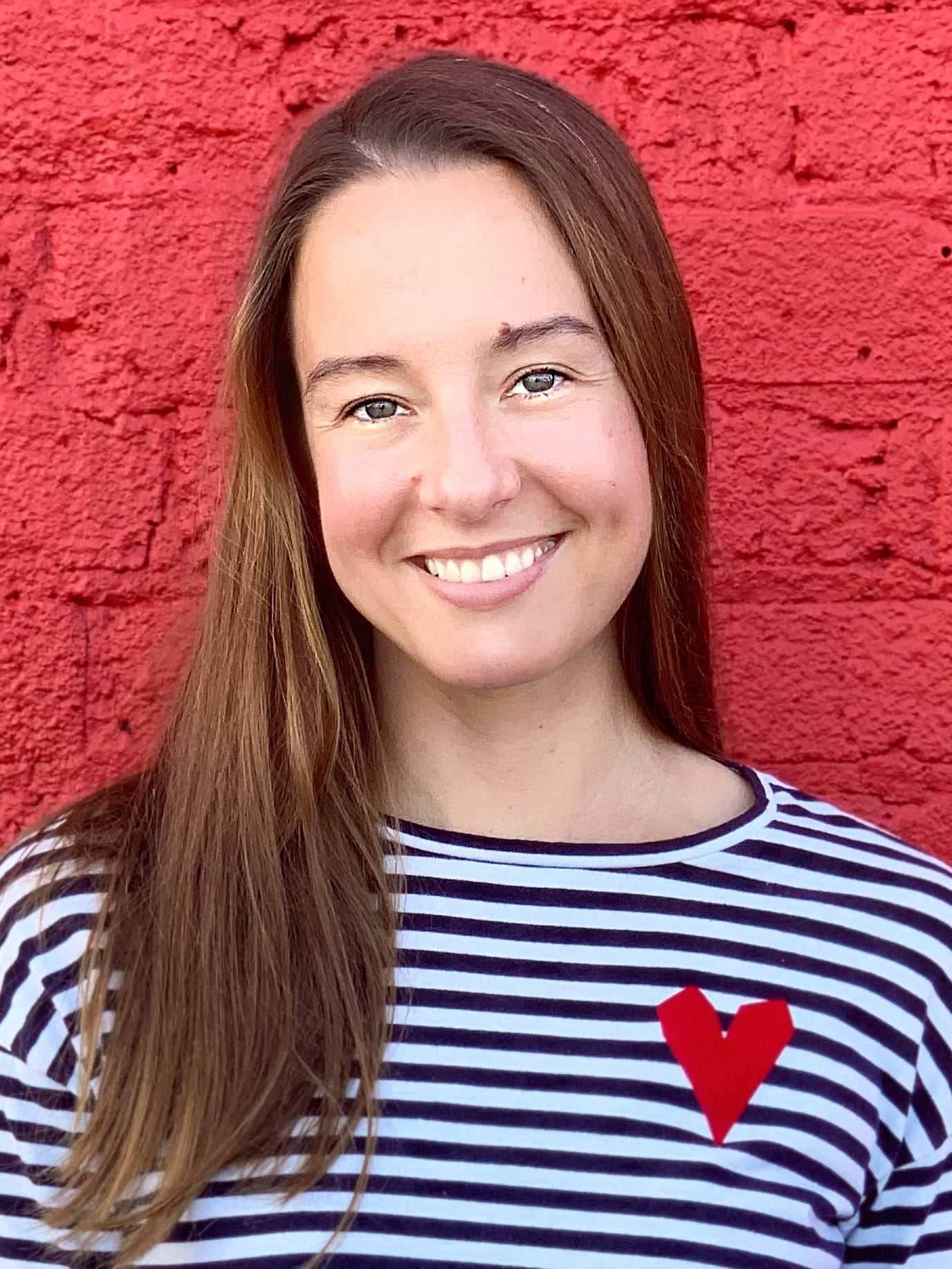
Our Governance Group
Professor Andrew Hill
Professor Andy Hill is the Director of the La Trobe Institute of Molecular Sciences (LIMS) at La Trobe University in Melbourne, Australia, and heads a laboratory studying the role of extracellular vesicles (EVs) in neurodegenerative diseases. His laboratory was one of the first to use next generation sequencing to analyse the RNA content of EVs and is now using these approaches to analyse the role of RNA in EVs and their potential use as biomarkers for a number of diseases. He has been a member of the executive committee of the International Society of Extracellular Vesicles (ISEV) since 2012 and was elected President in 2016, and again in 2018. In October 2017, he led the establishment of the La Trobe University Research Centre for Extracellular Vesicles (RCEV) and is the inaugural Director.
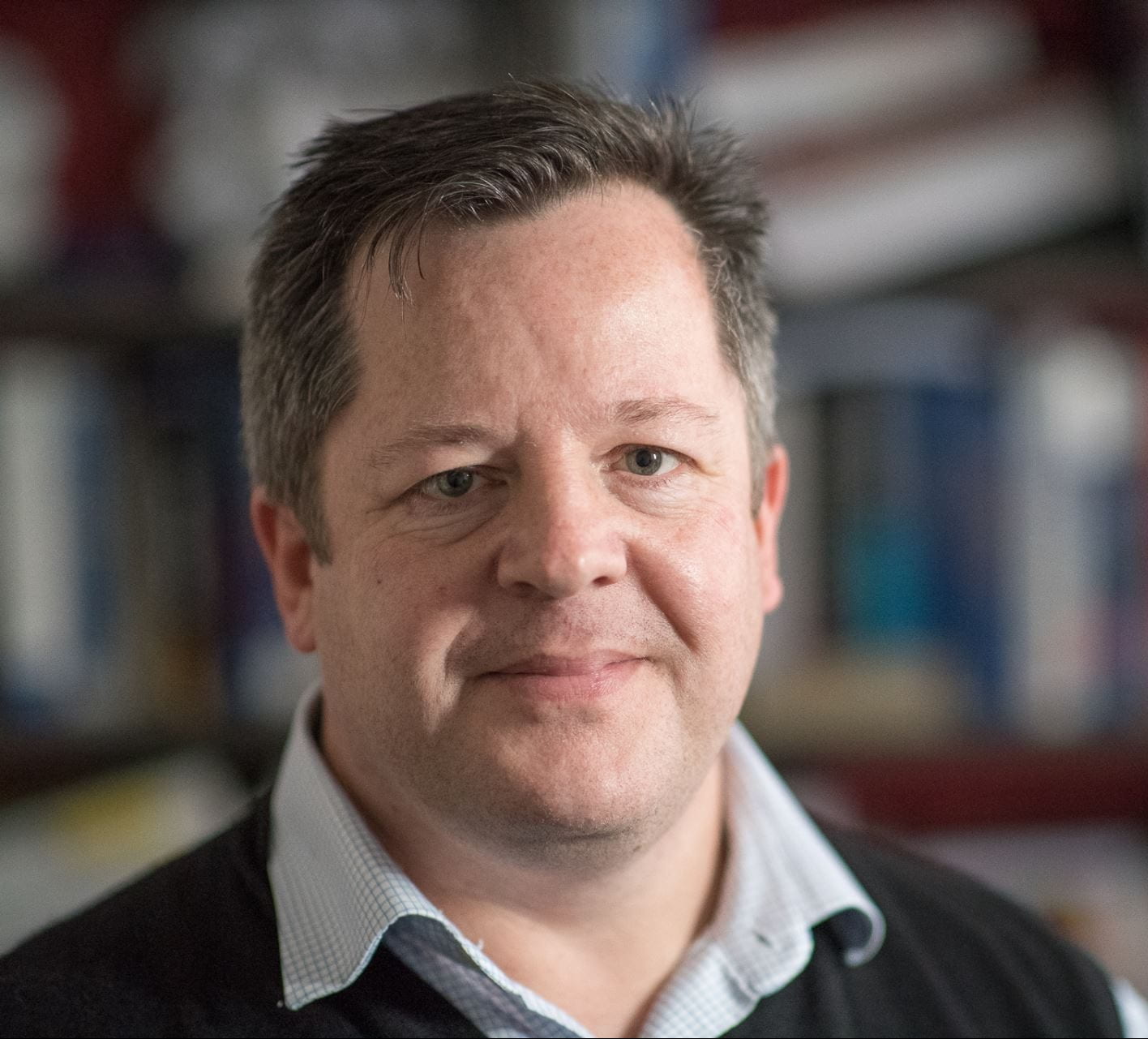
Associate Professor Simon Swift
Bacteria produce membrane vesicles, but what do they do? Associate Professor Simon Swift’s main interest is in the area of cell-to-cell communications and interactions, and the role of vesicles in the delivery of molecular cargoes to other bacteria and to eukaryotic cells. The questions they ask include: i) are vesicles being produced; ii) can purified vesicles be isolated; iii) what is the molecular cargo of the vesicle; iv) are the vesicles and/or their contents transferred to other bacteria or eukaryotic cells; v) what do the vesicles and/or their contents do to target cells; and vi) what are the molecular mechanisms involved?
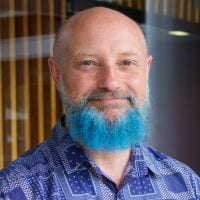
Professor Anthony Phillips
My interest in extracellular vesicles covers two themes. The first is their role in “Cross-Kingdom” communication. In particular we have been interested in exploring the role of the vesicles as a vehicle for transferring a cargo of bioactive messages from bacteria to human tissues during an infection process. My second area of interest is more recent and specific. It is focussed on determining if vesicles found in intestinal lymphatic fluid have any contribution to the pathogenesis of acute critical illness in the clinical setting. My research in vesicles is heavily cross-disciplinary and reliant on my collaborations with fellow HEVI foundation members, Simon Swift, Cherie Blenkiron and Jiwon Hong.
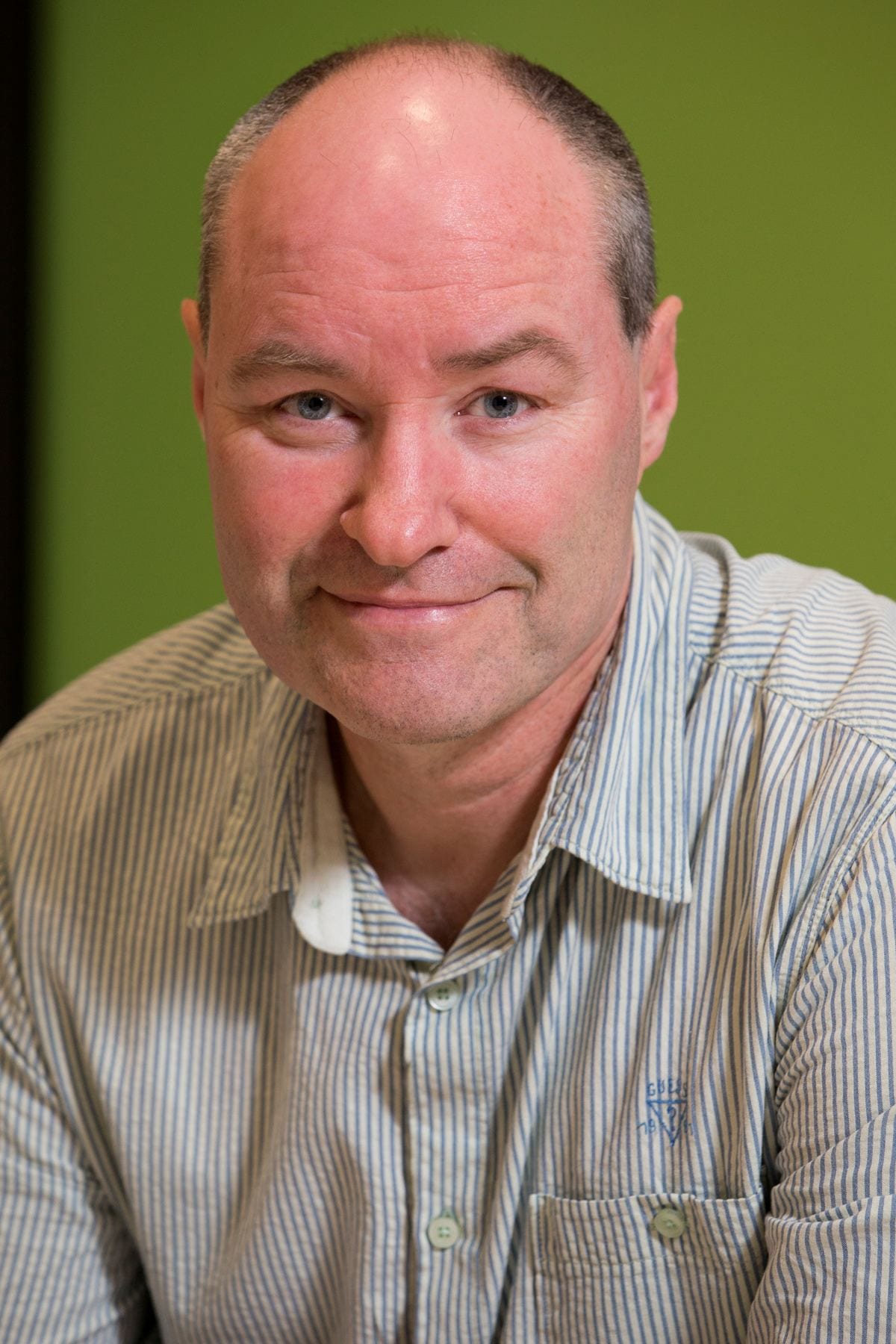
Professor Eileen Mclaughlin
Professor Eileen Mclaughlin is the Director of the School of Biological Sciences at the University of Auckland and a co-appointee professor in biological sciences at Newcastle. She has received research based awards from the British Fertility Society, Fertility Society of Australia and the Society for Reproductive Biology. In 2018 she was the inaugural recipient of the Society for Reproductive Biology Founders Medal and Oration. She has a strong commitment to the support of reproductive and developmental biology as past chair of the British Andrology Society and past president of the Society for Reproductive Biology. She has also served as a member of the ARC College of Experts and is currently chair and panel member of scientific advisory committees for ARC, NHMRC and the Irish Research Council. She is the University of Auckland lead for the newly established national NZ Advanced Genomics Platform “Genomics Aotearoa”.
